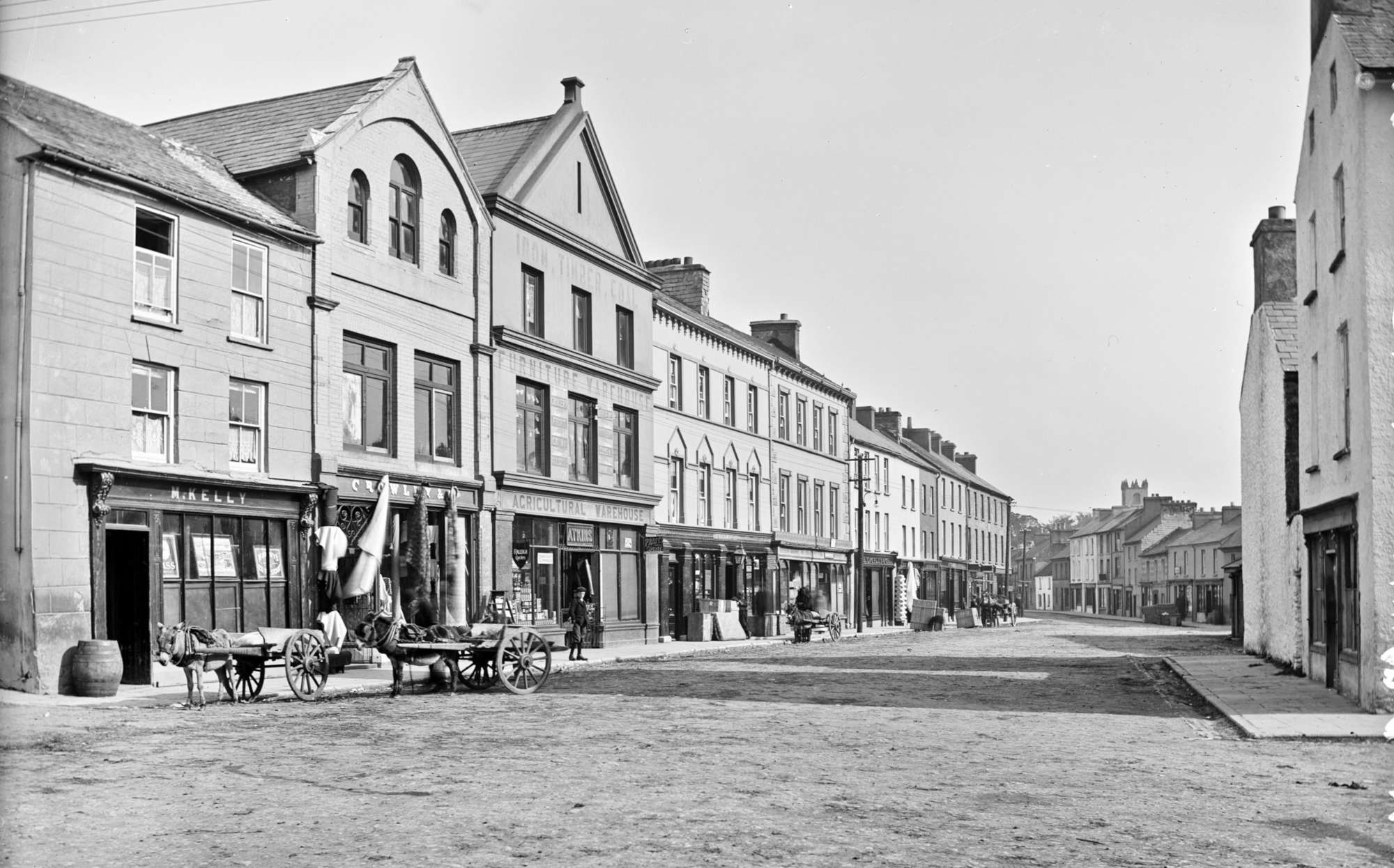Condemnation follows murder of Protestants in west Cork
Cork, 3 May 1922 – The recent murders of seven Protestants in west Cork have been universally condemned. The victims were killed in the Dunmanway and Ballineen districts.
An inquest into the deaths of Francis Fitzmaurice, a well-known local solicitor; James Buttimer, a retired draper; and David Gray, a chemist, concluded that all three died from gunshot wounds after being attacked in their own homes in Dunmanway on 27 April.
More attacks occurred the following night. Gerald Peyton, John Chinnery, Robert Hope and Ralph Harbord – all from the Ballineen area – and Robert Nagle from Clonakility were murdered in similar fashion.
One account of the killing of John Chinnery, a farmer, indicates that he was woken in the middle of the night by a knock on the door by a group of armed men. When Mr Chinnery opened the door he was forced out into the yard ordered to attached a horse to a tackle in the shed. While engaged in this, he was shot in the head. Chinnery was well-known and well-liked in the community.
It is understood that other houses in the district were also visited but the intended targets managed to escape.
Vengeance and sectarian hatred are the motives given for the murders. A statement issued by the cabinet of Dáil Éireann claims that ‘certain elements in the community are taking advantage of the present transitional period in Ireland to wreak private vengeance in the hope that under the unsettled conditions they may escape justice.’ The statement continued that it would be the ‘first concern of the Dáil and the provisional government to secure their capture and trial. Every good citizen is exhorted to assist in apprehending the murderers of innocent people.’
The Irish Times, a southern Protestant newspaper, has welcomed the cabinet’s condemnation and warned of the bleak outlook should the ‘outrages on Roman Catholics in Belfast... be countered by similar outrages on Protestants in the south.’ The newspaper has editorialised that the ‘murders in County Cork are a national danger-signal’ and it has suggested that the ‘speedy suppression of outrage in Belfast would be an important contribution to the peace of every one of the twenty-six counties.’
The Irish Independent has drawn a similar parallel between events in Belfast and Cork and has indicated a ‘sectarian motive’.
In Dublin on 2 May, a meeting of the Preliminary Committee of the Irish Protestant Convention condemned as ‘unChristian and uncivilised the murders and outrages, which have been committed upon men, women and children, as a result of sectarian hatred’.
According to the Cork Constitution, ‘Undisciplined boys provided with revolvers, appear to be no longer amenable to either moral suasion or political conviction’.
In this context, it is significant that the local official IRA commandant, Seán Hales, has issued a military order to all battalion commandants urging soldiers to uphold a ‘rigid discipline’. Commandant Hales indicated that the death penalty would be contemplated for those who failed to do so.
‘I promise to give all citizens in this area, irrespective of creed or class, every protection within my power. In furtherance of an order already issued to the IRA to hand in any arms in their possession, I now order all citizens holding, without a permit, to hand them into the O.C.’s Barracks, at Bandon, Clonakilty, Ballineen, Dunmanway and Kinsale. Anybody found in possession of arms in this area after this date will be severely dealt with.’
On the anti-treaty side, Éamon de Valera has urged Irish republicans not to engage in attacks upon the protestant minority in the south of the country. Speaking in Longford on 30 April, he stated: ‘Let us not tarnish that glorious record that was unequalled by any country in the world by acts against a helpless minority.’
[Editor's note: This is an article from Century Ireland, a fortnightly online newspaper, written from the perspective of a journalist 100 years ago, based on news reports of the time.]





















